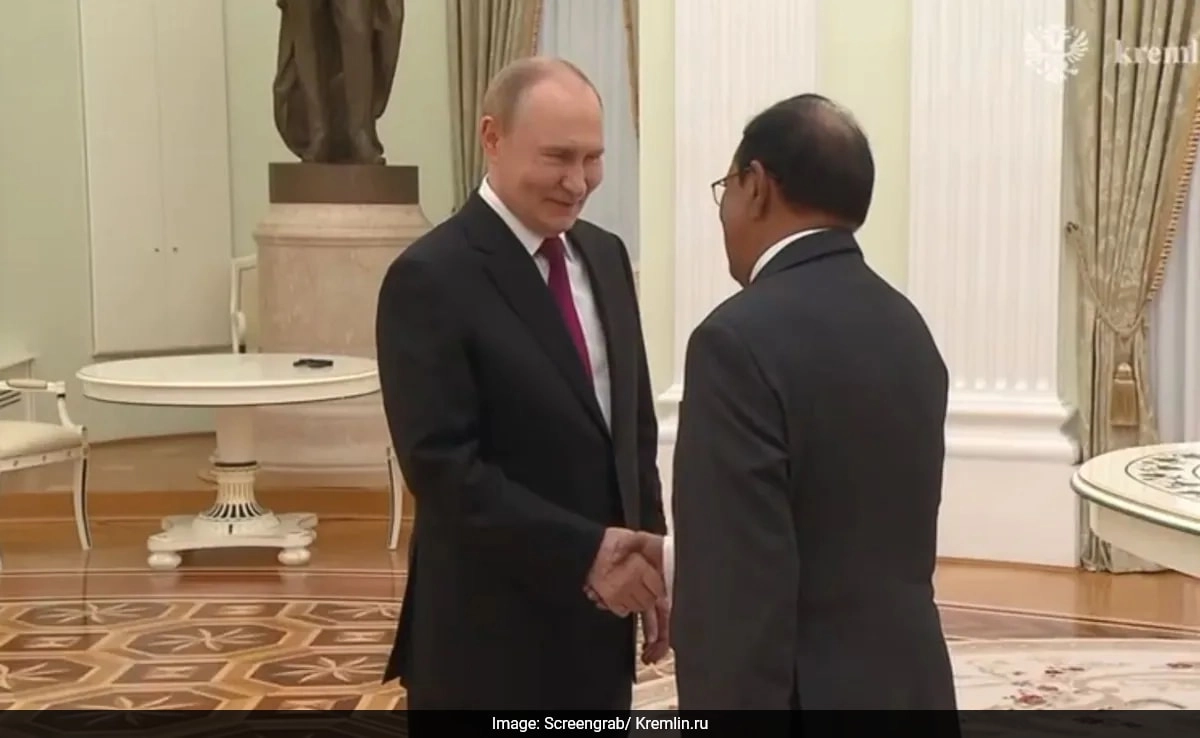In a recent statement, an aide to Iranian Supreme Leader Ayatollah Ali Khamenei issued a stern warning regarding potential repercussions for actions deemed as wrong or unacceptable by the Iranian leadership. The aide emphasized that if certain lines are crossed, the consequences could lead to a “different decision” from the regime. This statement reflects the ongoing tensions within Iran, particularly in relation to both internal dissent and external pressures, including sanctions and diplomatic challenges.
The warning serves as a reminder of the hardline stance that Khamenei and his administration maintain against any form of opposition or criticism. The phrase “different decision” suggests that the Iranian leadership is prepared to adopt more severe measures if they perceive threats to their authority or national stability. This rhetoric is particularly relevant in the context of ongoing protests and civil unrest that have erupted across the country, where citizens have expressed dissatisfaction with the government’s policies, economic hardships, and social restrictions.
Furthermore, this declaration from Khamenei’s aide can be interpreted as a signal to both domestic and international audiences. Internally, it aims to quash any notions of dissent and reassure the regime’s supporters of its resolve to maintain order. Externally, it serves as a warning to foreign powers that any perceived interference or support for opposition groups could provoke a stronger response from Iran. The implications of such a stance could have significant ramifications for regional stability, as Iran continues to assert its influence in the Middle East amid ongoing geopolitical tensions.
As Iran navigates these complex dynamics, it remains crucial to monitor the reactions from both the populace and the international community. The balance between maintaining internal control and responding to external pressures will undoubtedly shape the future of the Iranian regime. The aide’s comments underscore the precarious nature of governance in Iran, where the leadership must constantly manage the delicate interplay between authority and public dissent. In this context, the potential for a “different decision” looms large, raising concerns about the lengths to which the Iranian government may go to retain its grip on power.




